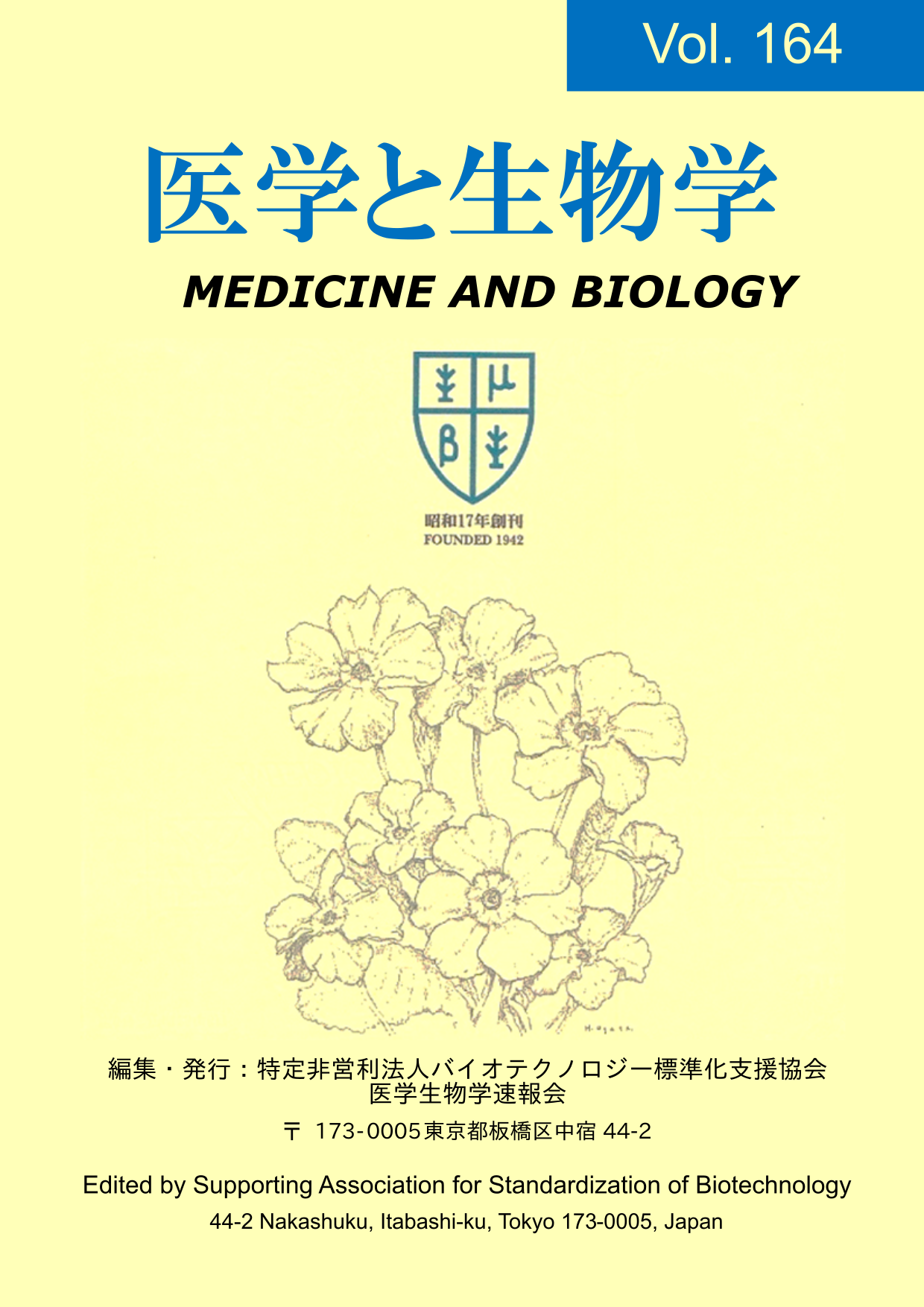Examining the feasibility of the individualized educational program to promote adequate nutritional intake among pregnant women
Keywords:
individual program, nutrition education, pregnant women, feasibilityAbstract
Objective: The purpose of this study was to examine the feasibility of the initial program designed to develop an individualized nutrition education program to promote adequate nutritional intake among pregnant women.
Subjects and Methods: Women in their 20s and 30s who had experienced pregnancy within five years were selected for the study using the snowball sampling. The program was conducted face-to-face or remotely by the researcher (midwife). After explaining the study and obtaining consent, two nutrition education sessions of 30 minutes each were conducted. The feasibility of the program was evaluated by a questionnaire survey and interviews after the implementation of the individual nutrition education program regarding acceptability, demand, implementation, practicality, and program content.
Results: There were 6 participants, 4 remotely and 2 face-to-face. Acceptability and demand were generally high in terms of appropriateness of the individualized nutrition education program, satisfaction, knowledge gain, perception change, and intention to continue using the program. Implementation and practicality were generally rated highly in terms of time required, with no major differences from the planned time required, appropriateness of the specialized booklets, and impact on the target population. The opinions about the program showed opinions about the knowledge gained, changed perceptions, and understanding of specific behaviors as a result of the program, as well as requests for additional content to be added to the program.
Conclusion: The individualized educational program was evaluated as feasible in terms of acceptability, demand, implementation, practicality, and program content. Improvements to the dedicated booklet were identified for the future.


